An Intro to Western Philosophy
And the crisis of reason...
So you want to get into philosophy… but where do you start?
Even if you limit yourself to Western philosophy, it’s still easy to feel overwhelmed. From Greek and Roman thinkers to medieval Christian scholars and their post-modern critics, a cornucopia of competing voices simultaneously vie for your time and attention.
That’s why today, we want to offer a (very) brief introduction to the great thinkers in the Western tradition — in a way that also sketches the history of Western thought itself.
What follows is a list of five philosophers you should read to get an overview of the history of Western philosophy, as well as an understanding of the main currents that have shaped its development. From the time of Ancient Greece to the medieval Church, the Enlightenment, and the modern day, there is much to be explored…
Reminder: you can support our mission and get tons of members-only content for a few dollars per month:
Full-length articles every Wednesday and Saturday
Members-only podcasts and exclusive interviews
The entire archive of great literature, art, and philosophy breakdowns
In the last year, we’ve written about everything from the quest for meaning in Homer’s Odyssey, to why Tolkien hated Disney, to Dante’s journey down the 9 levels of Hell…
1) Aristotle: The Moral & Intellectual Virtues
Aristotle begins his Nicomachean Ethics by asking a simple but decisive question: what is the good for human beings?
His answer is that every being has a purpose, and man’s purpose is the activity of the soul in accordance with reason. To live well, then, is not simply to feel pleasure or accumulate wealth, but to cultivate the virtues that bring your soul into harmony with its nature.
Aristotle claims that moral virtues such as courage, temperance, and justice are habits that dispose you to act rightly, always steering a course between excess and deficiency. Intellectual virtues, like wisdom and understanding, then guide your search for truth. Together, these all form the foundation for a life of flourishing — or what Aristotle calls eudaimonia.
Yet Aristotle’s philosophy goes beyond just ethics. In the Metaphysics, he declares that “all men by nature desire to know,” and this desire is what drives us to investigate the causes of things. He distinguishes four causes — material, formal, efficient, and final — through which reality can be explained. In his Physics and On the Soul, he then applies this framework to the natural world.
By uniting metaphysics with natural science and ethics, Aristotle set the terms of inquiry for centuries to come…
2) Thomas Aquinas: The Natural Law
Writing in the 13th century, St. Thomas Aquinas sought to reconcile faith and reason. Drawing on Aristotle while remaining firmly rooted in Christian theology, in the Summa Theologiae he offered his famous “Five Ways” arguments for God’s existence. For Aquinas, reason itself points beyond the world of change and dependence to a necessary being — the God who is “pure act” (actus purus) and the source of all reality.
But beyond speculative theology, Aquinas also developed a profound account of the moral life as revealed through “natural law”. He posited that God governs the universe by directing all things toward their proper end, and that rational creatures participate in this divine order through their capacity to discern good and evil. The first principle of the natural law is simple: do good and avoid evil.
From this principle then flow moral precepts — protecting life, seeking truth, living in community — that reflect the structure of human nature. For Aquinas, morality was rational, and rooted in the way things are. His synthesis of classical philosophy and Christian doctrine shaped Western thought, offering a vision in which faith perfects reason rather than destroying it.
3) David Hume: Radical Doubt & Empiricism
By the 18th century, the optimism of thinkers like Aquinas had given way to skepticism about the very possibility of metaphysical knowledge. David Hume, a Scottish philosopher of the Enlightenment, carried this skepticism further than most. Like Descartes, he confronted the limits of human knowledge — but unlike Descartes, he abandoned the hope of establishing certainty through reason alone.
For Hume, all knowledge must trace back to experience. He believed our ideas are nothing more than faint copies of impressions received by the senses.
This radical empiricism undermines many traditional claims. Hume claimed that causation, for example, isn’t something you perceive directly. You only observe one event following another, he suggested, and from habit you infer a necessary connection. The same applies to the self: when you look inward, you never find a stable “I,” only a bundle of shifting perceptions.
Hume even questioned whether reason itself can ground moral judgment, suggesting instead that morality rests on sentiment and feeling. His doubts shook the foundations of philosophy and provoked responses from later thinkers, most famously Immanuel Kant. Yet by showing the fragility of human knowledge, Hume crystallized the modern problem of skepticism — the tension between our desire for certainty and the limits of our faculties.
4) Friedrich Nietzsche: The Crisis of Reason
If Hume destabilized confidence in reason, Nietzsche declared its collapse. Writing in the late 19th century, Nietzsche argued that Western philosophy and science had eroded belief in a rationally ordered universe. The “death of God,” as he provocatively put it, meant that the foundations of morality and truth had crumbled. No longer could man appeal to divine authority or natural law; what remained was a world without inherent meaning.
Yet Nietzsche saw this crisis not as a cause for despair, but as a challenge. If there are no transcendent truths, then man must become the creator of values. In such a context, philosophy becomes less about discovering eternal principles, and more about forging a sense of meaning. Nietzsche’s figure of the Übermensch — the one who wills values into existence — embodies this creative act.
Many, including at times Nietzsche himself, were haunted by the consequences this entailed: if life is ultimately grounded in nothing, can human beings bear the weight of their own freedom?
His critique of reason, however, was as much diagnosis as it was prophecy, as he largely anticipated the cultural upheavals of the 20th century. Whereas earlier thinkers sought order, Nietzsche confronted chaos — and urged mankind to face it without illusions.
5) C.S. Lewis: The Recovery of Reason
In the 20th century, C.S. Lewis offered a striking counterpoint to Nietzsche’s skepticism. In The Abolition of Man (1943), he argued that modern philosophy’s rejection of objective values produces “men without chests” — creatures governed only by instinct or by the manipulations of others. He believed that reason, when stripped of its grounding in moral truth, becomes a tool of power rather than a path to wisdom.
Lewis instead pointed to the “Tao,” his term for the universal moral order acknowledged across cultures. Far from suppressing freedom, he said, this shared standard instead makes human dignity and moral responsibility possible. Without it, education degenerates into conditioning, and society loses its very basis for justice.
In defending the objectivity of value, Lewis sought to restore confidence in human reason — not as autonomously detached from reality, but as oriented toward truth. His vision complements the earlier traditions of Aristotle and Aquinas, yet is sharpened by the modern experience of relativism and nihilism.
For Lewis, to recover reason meant to recover humanity itself. In this way, he stands as a modern witness to the enduring possibility of philosophy: that through reflection, guided by both intellect and conscience, we can still find our way to truth.



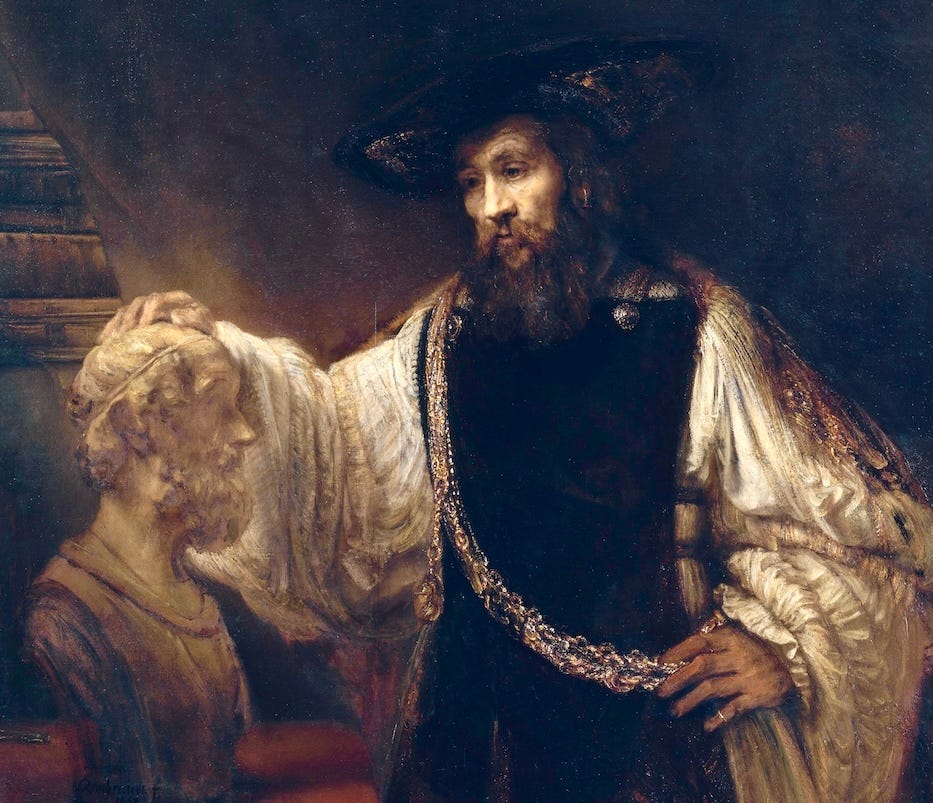
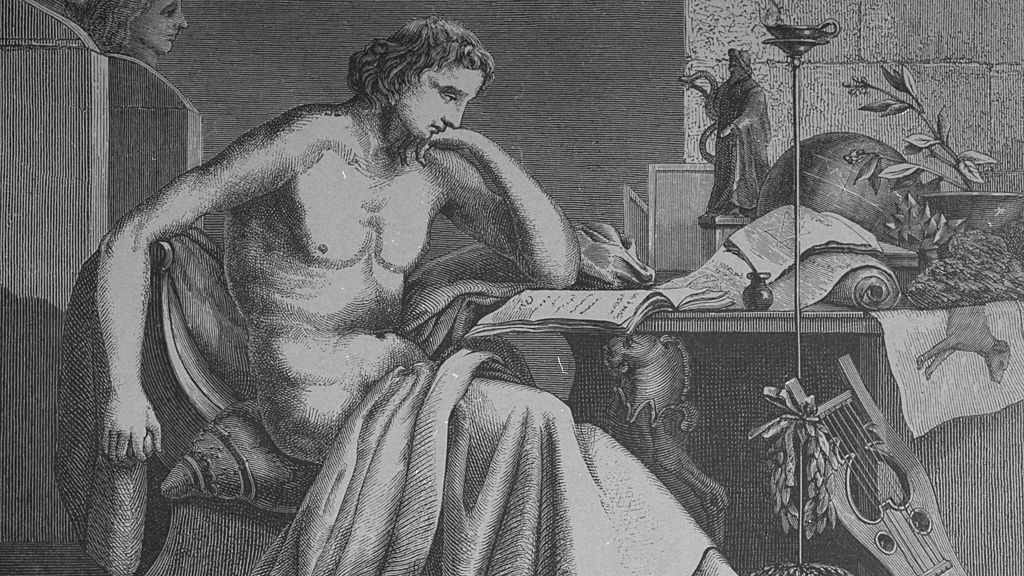

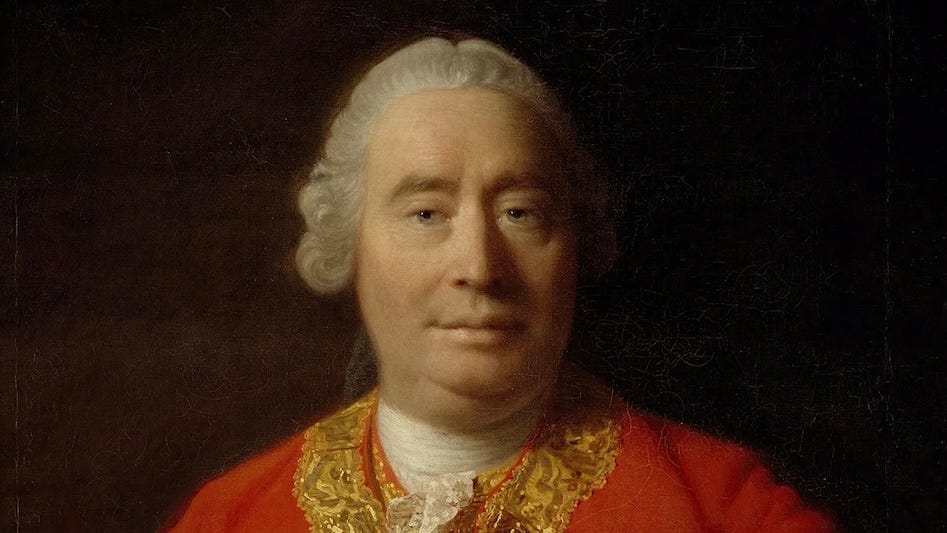
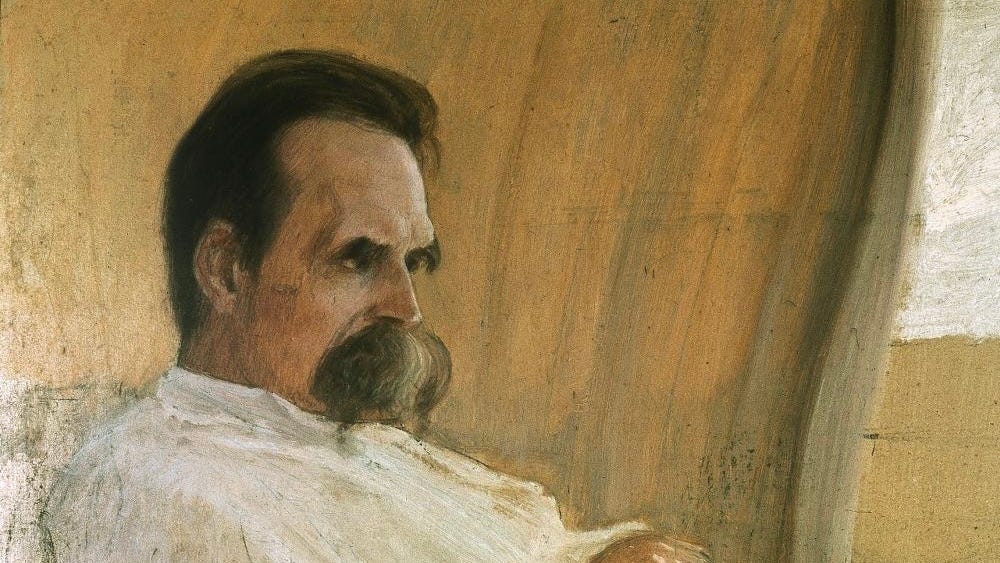
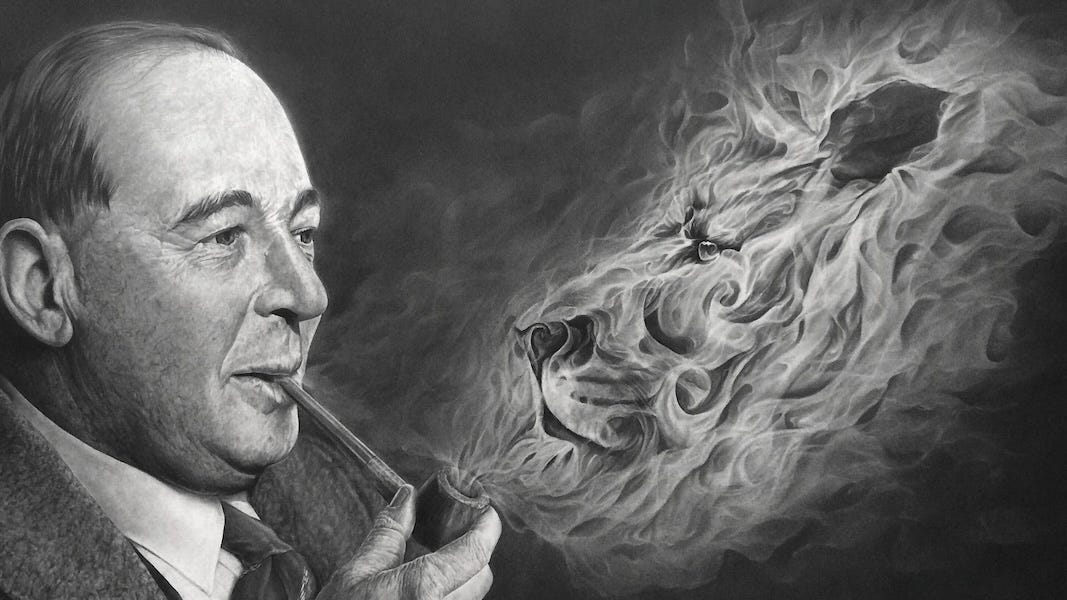
I love how accessible this is, it's a great little chronological walk through and I loved the reminder of how these thinkers were constantly responding to those who came before them in combination with their own contemporary issues. Even after 3 years of a philosophy degree, it all still feels so unknowable - I think that's the thing with philosophy, the more you arguments you learn, the harder it becomes to agree with any of them wholeheartedly. Reading posts like this is a great way of sitting with it all again.
Thank you for this - I have been looking for a worthwhile resource with which to expand my knowledge and I think this may be just what I needed.